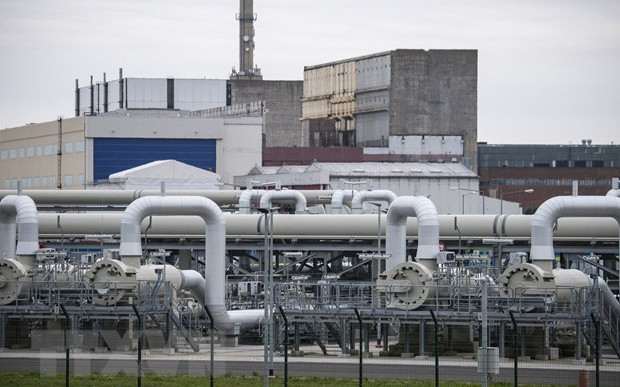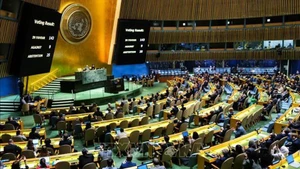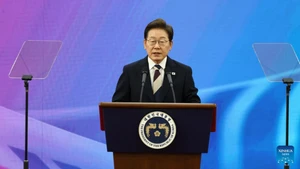Unlike the decision to stop using Russia’s coal, which the EU quickly approved in April, sanctions targeting Russia’s oil industry are not as easy to impose. The EU spent 5 billion EUR on coal imports from Russia in 2021, but had to pay up to 71 billion EUR to buy oil from Moscow. An oil import ban would be a big blow to Russia, but with its current dependence on Russia’s energy supply, it is clear that EU members cannot pass this ban frivolously.
Ahead of the May 4 meeting of the ambassadors of the 27 EU member states, called to discuss the content of the sixth package of sanctions against Russia, some diplomatic sources have revealed that the EU is divided over the plan to ban oil imports from Russia. The draft new sanctions package against Russia proposes that EU member states implement an order to stop importing oil from Russia step by step, within 6 to 8 months. Hungary and Slovakia, two EU members that depend almost 100% on crude oil supplies from Russia, are allowed implement the embargo several months later than other members.
Poland has announced its readiness to become completely independent from Russian oil and will assist countries in cutting off fossil fuel supplies from Russia. Warsaw has urged the EU to come up with a specific date by which member states must stop importing Russian oil and hopes the ban will take effect before the end of 2022.
Germany has also announced its support for a step-by-step embargo. Berlin has made great progress in its efforts to reduce its dependence on Russian energy, and says that supplies from Russia currently account for only 12% of Germany's total crude oil imports.
Meanwhile, Slovakia believes that it will take several years and a large amount of money to be able to implement the ban. The Slovak refinery is designed to process only oil from Russia, and if sanctions are to be imposed, it will have to adjust or almost completely replace the system in order to import oil from another supplier.
As one of the EU countries that relies heavily on Russian energy, Hungary also said that it currently has no other choice and will have to spend a lot of money on fuel if there is no supply from Russia. According to some sources, Bulgaria and the Czech Republic may also seek to avoid imposing sanctions on Russia’s oil industry.
While the EU is trying to agree on sanctions against Russia’s oil, there are more warnings in the media about the risk of escalating world energy prices, negatively affecting economies, including EU members. According to a survey released by the German Development Bank (KfW) on May 3, about half of the municipalities in Germany, the Europe's largest economy, are experiencing difficulties related to rising energy prices.
Italian Prime Minister Mario Draghi called on the EU to act fast to tackle the problem of rising energy prices, stressing that the bloc needed structural solutions. The Italian leader even said that European countries are in the whirlpool of a multi-dimensional crisis, in the fields of security, humanitarian issues, energy and the economy.
Poland has had to get help from Germany while Bulgaria needs help from Greece, after Russia’s Gazprom energy group cut off gas supplies last week, accusing the two countries of not paying their contracts in rubles at the request of Russia. However, such support options are only considered temporary. Obviously, the EU needs to continue to consider systemic and long-term measures to reduce its dependence on Russian energy supplies, as 30% of the oil consumed in the bloc is still imported from Russia.
















